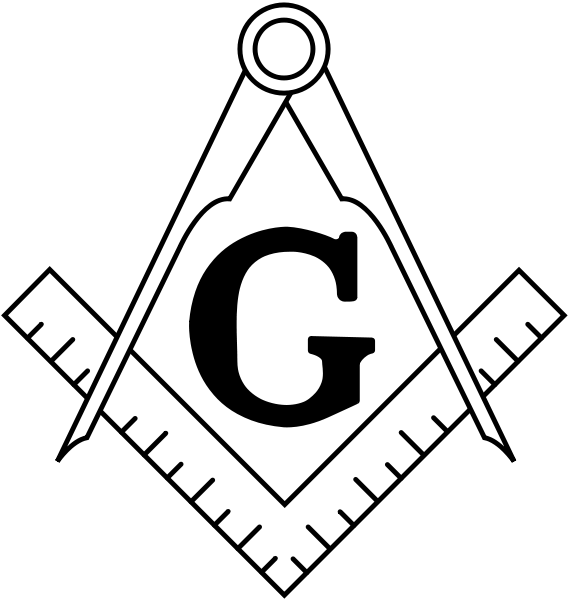Secret Societies and All That

Many of the Founding Fathers of the Unites States were Freemasons. You know, that's the group that appears to have put that weird pyramid with an eye on top on the United States one dollar bill.
What are Freemasons?
Well, for the whole well-researched story see the excellent Wikipedia article on the subject. But all that research, all the stuff written about Freemasonry, and all the suspicion over the ages seems to avoid the essence of the organization.
The Masons consist of groups of men and, yes, women, who respect and admire the practice of engineering. And they tend to respect it as a de facto practice, a way of thinking and of making things, more than as an academic discipline.
They admire, for example, the practical uses of the Pythagorean theorem and Newton's calculus, as well as the less practical but equally fascinating mathematical discoveries of Decartes.
Yeah, they sometimes tend to be geeky. That makes them somewhat alienated from those who don't like to think about those things because they, how you say, involve actual, like, thought.
So next time you hear some paranoid speculation about the role of "secret societies" in the founding of America, know that it's not secrecy that sets Masonic groups apart but rather this odd tendency to, you know, think. That in itself can tend to be alienating.
Co-Freemasonry lodges have admitted women since the middle of the nineteenth century. In most cases however the men's lodges are separate from those of women's Freemasonry groups such as the Order of the Eastern Star.
Benjamin Franklin: “Democracy will last until people discover that they can vote themselves money.”